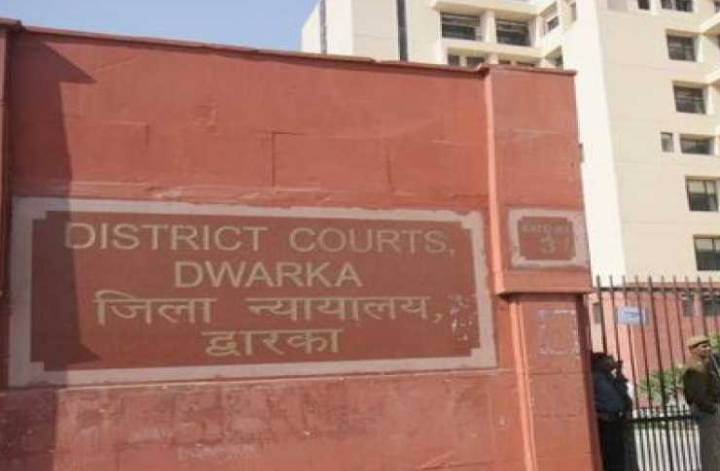The Court explained that the power to grant divorce on the ground of irretrievable breakdown of marriage is only vested in the Supreme Court, and not with High Courts, let alone family courts.
The Delhi High Court recently clarified that family courts cannot grant divorce on the ground of there being an irretrievable breakdown of marriage. [D v. A]
Dealing with the case at hand, which involved Hindu parties, the Court observed that the family court must act strictly in accordance with the provisions governing the grant divorce under the Hindu Marriage Act.
The division bench of Justices Sanjeev Sachdeva and Vikas Mahajan highlighted that an irretrievable breakdown of marriage is not a ground for divorce under the Hindu Marriage Act, while setting aside a family court judgment granting divorce on such a ground, among other grounds.
The High Court explained that the power to grant divorce on the ground of irretrievable breakdown of marriage can be exercised only by the Supreme Court under Article 142 of the Constitution.
“Such a power is not vested in the High Courts leave alone the Family Courts,” the bench added.
The Court was hearing a woman’s appeal against a family court’s 2018 decision to allow her husband’s plea for divorce on the grounds of cruelty and desertion.
The couple married in 2002 and a daughter was born to them in 2007. Soon they started living separately.
The High Court noted that the family court had granted the divorce on the ground of denial of conjugal relationship, even though the allegations regarding this aspect were vague and without specifics.
It further observed that there was never any complete denial as the husband had admitted that he was allowed to enjoy conjugal relations 30-35 times. The Court also said birth of the girl child negates the allegation of denial of conjugal rights.
On the aspect of whether there was a breakdown of marriage, the Court noted that the wife had consistently maintained that she wanted to live with the husband, but that he had repeatedly declined to live with her. She was clearly not at fault, the High Court opined.
“He is the one who is found to have deserted his wife and then taken the plea of desertion on her part. He cannot be permitted to walk out of the matrimonial alliance on the ground that the marriage has broken down,” the Court said.
The Court also noted that the family court merely considered the fact that the couple had been living separately for 11 years and granted divorce on that ground. However, the High Court pointed out that such power is not conferred on the family court.
Even the Supreme Court while considering the exercise of its discretionary powers under Article 142 of the Constitution of India takes into account several factors, the High Court added. The longevity of the period of separation is only one of such factors, the Court observed.
“In the present case, the Family Court has erred in travelling beyond the scope of its powers to grant divorce,” the division bench proceeded to conclude, while allowing the woman’s appeal against grant of divorce.



